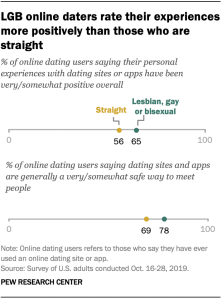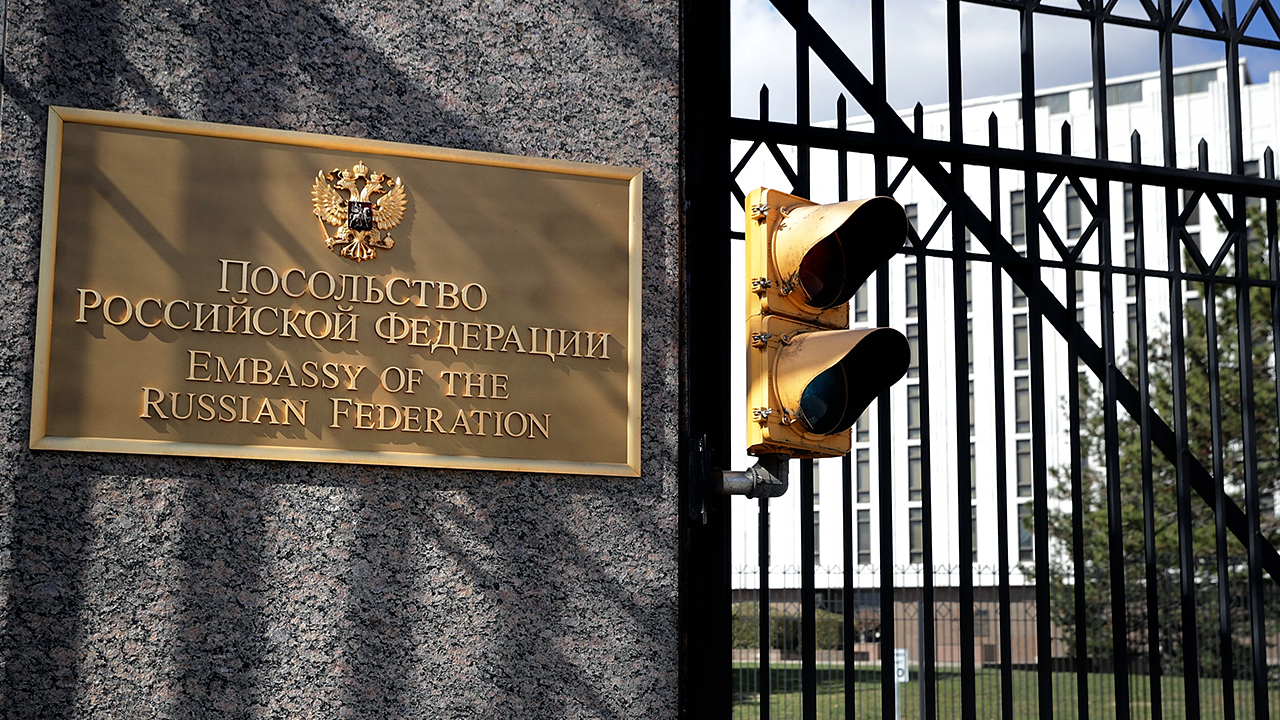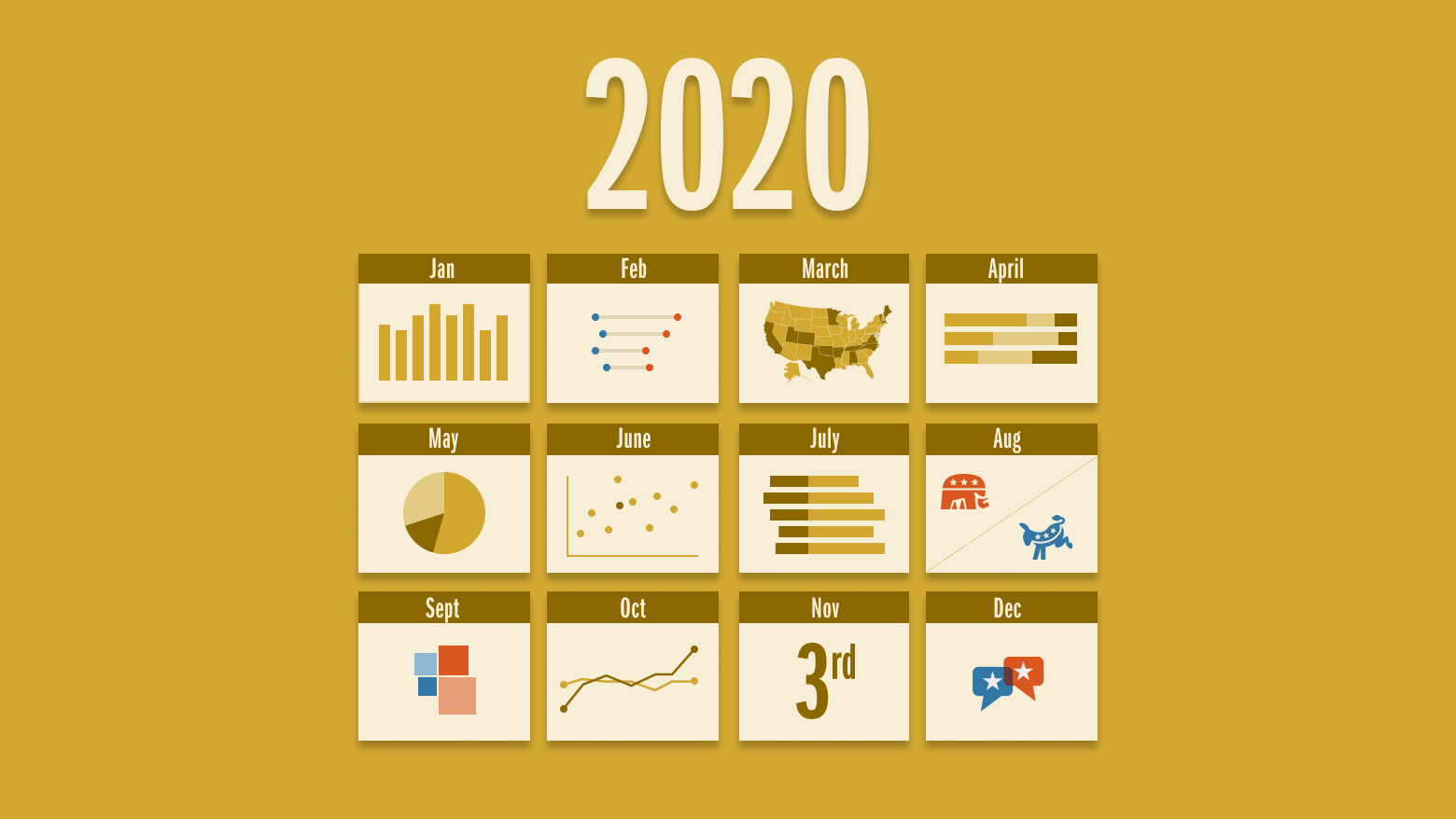

U.S. intelligence officials have reportedly warned members of Congress that Russia is interfering on Donald Trump’s behalf in the 2020 presidential election. Amid these new allegations, here are some fast facts about how Americans view Russia and its leader, Vladimir Putin, based on previously published Pew Research Center surveys:
- Around seven-in-ten Americans (72%) say it is very or somewhat likely that Russia or other foreign governments will try to influence the November 2020 election. Far more Democrats and Democratic-leaning independents (84%) than Republicans and Republicans leaners (59%) expect foreign interference in the election. Among those who see interference as likely, 82% of Democrats say it is a major problem; only 39% of Republicans say the same.
- The share of Americans with a positive view of Russia is at its lowest point in a decade. Just 18% have a favorable impression, far lower than the 44% who viewed Russia positively in 2007, when the question was first asked.
- Just 20% of the U.S. public has confidence in Putin to do the right thing regarding world affairs; 73% have no confidence. While Putin engenders relatively low confidence among members of both parties, a larger share of Republicans (31%) than Democrats (10%) express confidence in him. The partisan gap in views of Putin is now the largest measured by Pew Research Center.
- Last year, half of Americans said that Russia’s power and influence posed a major threat to the well-being of the U.S. These opinions, like many about Russia, also were sharply divided along partisan lines. Nearly two-thirds of Democrats (65%) said Russia was a major threat, compared with 35% of Republicans.
- Partisans also differ over Russia’s involvement in the last presidential election. In 2018, 43% of Americans said Russia’s efforts to influence the 2016 election benefited Trump’s campaign, while just 4% said they benefited Hillary Clinton’s campaign and 48% said they benefited neither campaign. Nearly three-quarters of Democrats (74%) said Russia’s efforts helped Trump’s campaign, while a nearly identical share of Republicans (75%) said neither campaign benefited.
[callout align=”alignright”]

Want to keep up with trends shaping the 2020 U.S. presidential election?
Sign up to receive our monthly newsletter.
